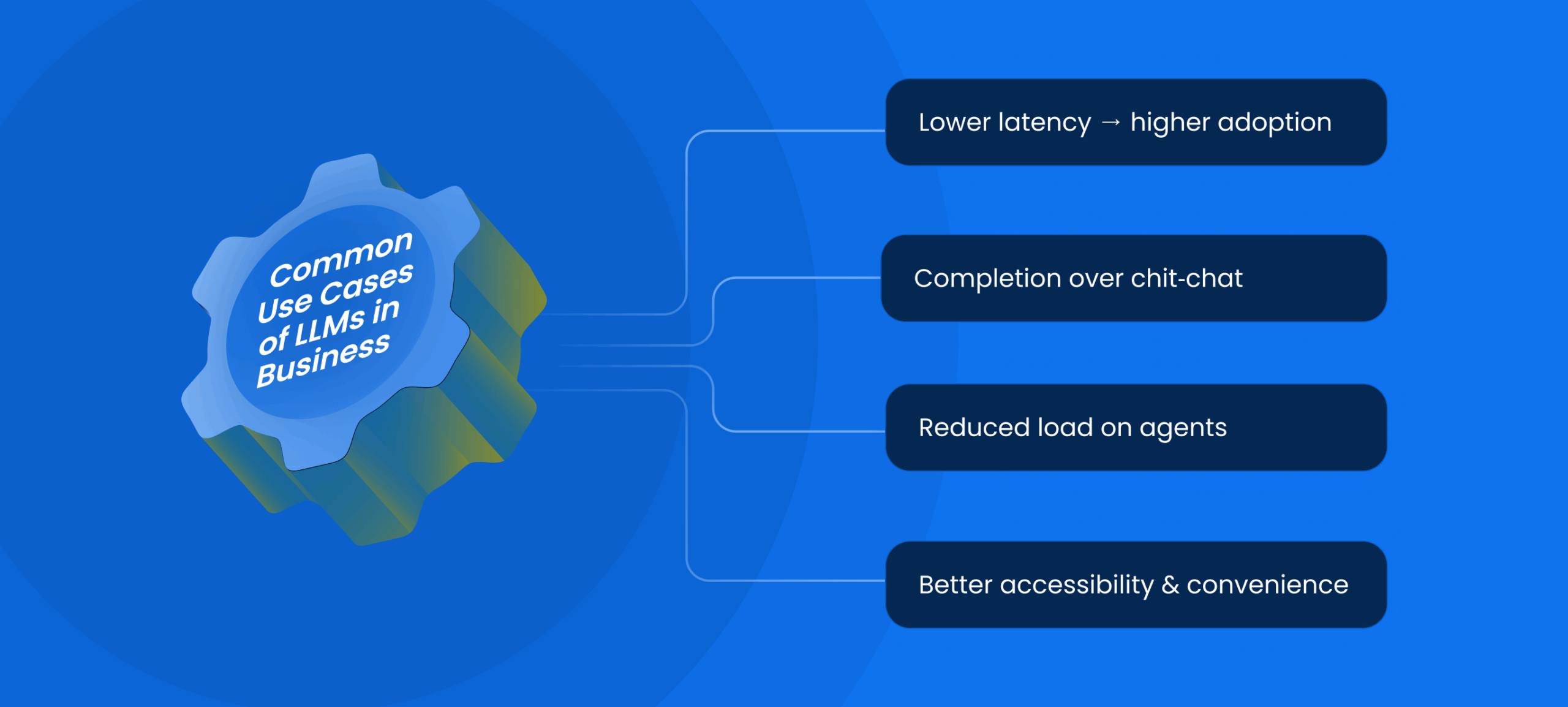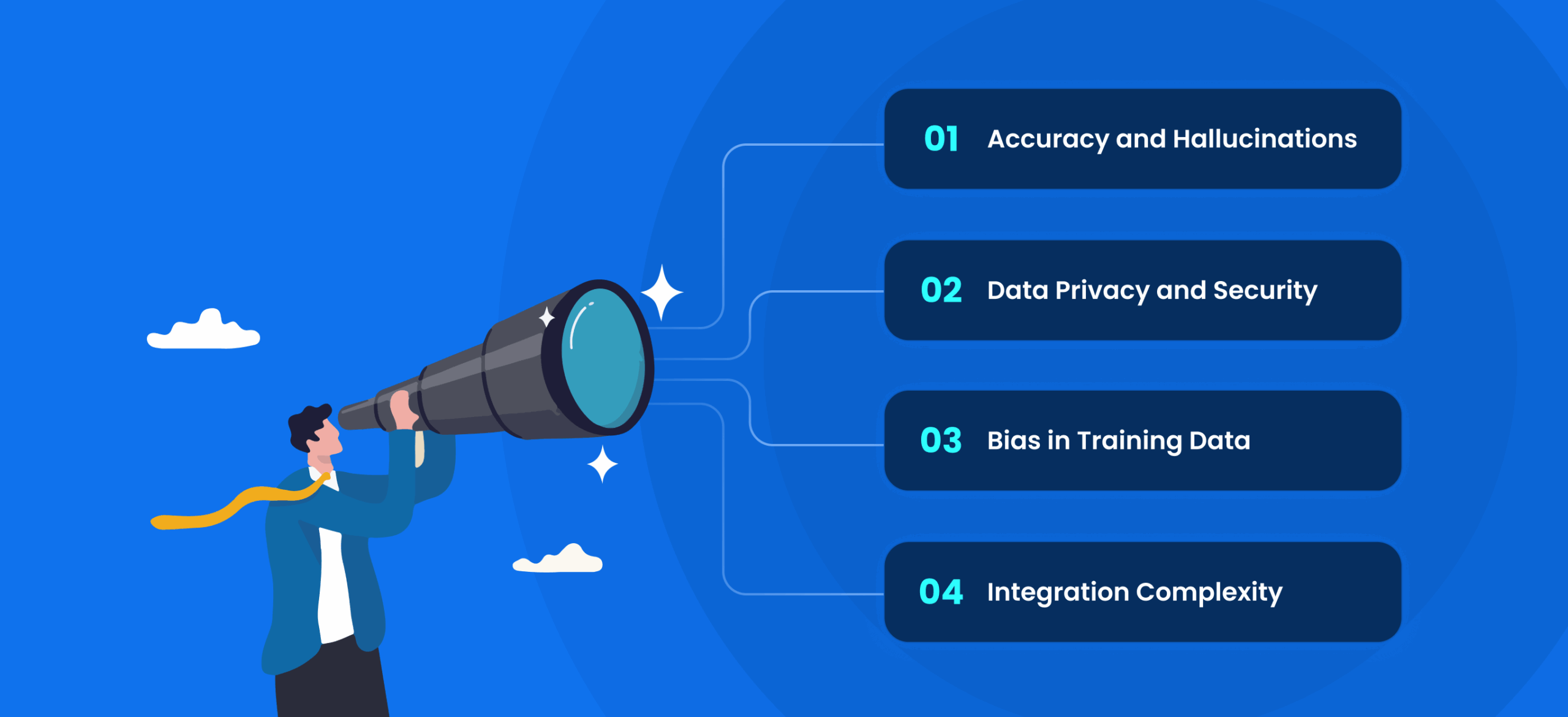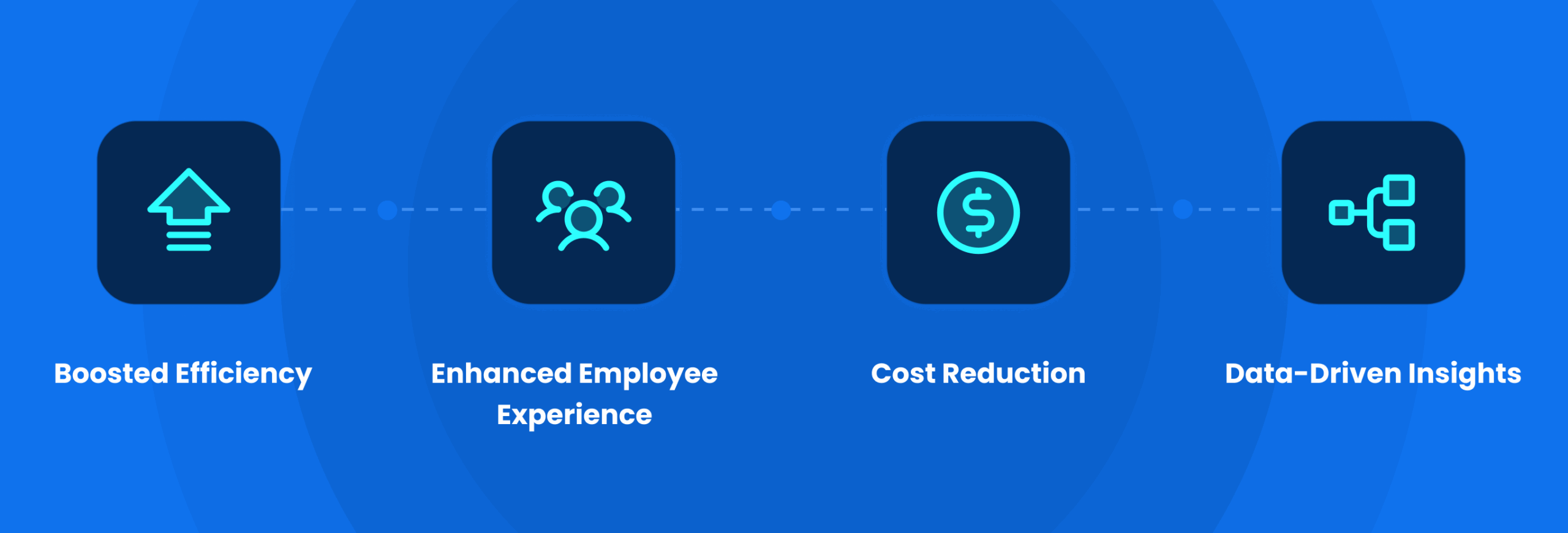Introduction
In the fast-evolving world of 2025, understanding “What is LLM?” is no longer just a technical curiosity; it’s a strategic necessity for technology leaders like you. These powerful artificial intelligence models are fundamentally reshaping how large US companies manage internal support, moving beyond simple automation to truly intelligent, autonomous solutions. For those overseeing IT, HR, and Finance ticketing systems, grasping the full potential of these models is key to driving efficiency and enhancing employee experience.
Understanding Large Language Models (LLMs)
At its core, a Large Language Model is a sophisticated computer program designed to understand, generate, and interact with human language. Think of it as an incredibly well-read, highly capable digital assistant. It has learned from vast amounts of text data, allowing it to recognize patterns, predict the next word in a sentence, and even grasp complex concepts. Consequently, an LLM can perform various language-related tasks with remarkable accuracy. This ability to process and create human-like text is what makes these models so revolutionary for businesses.
How Do LLMs Work?
The magic behind an LLM lies in its neural network architecture, specifically a type called a transformer. This architecture allows the model to process words in relation to all other words in a sentence, understanding context and nuance. When you ask an LLM a question, it doesn’t just look for keywords; it understands the intent behind your words. It then generates a response by predicting the most probable sequence of words, based on its extensive training. This process, while complex, results in coherent and often surprisingly insightful answers. Moreover, ongoing advancements in computing power and data science are continuously refining how LLMs learn and operate.
Benefits of LLMs for Enterprises
For large enterprises, the advantages of leveraging an LLM are profound. These models offer a pathway to significant operational improvements and cost savings.
-
Boosted Efficiency: An LLM can instantly process and route tickets, answer common questions, and even begin troubleshooting, freeing up your human teams for more complex tasks. This means faster resolution times and less waiting for your employees.
-
Enhanced Employee Experience: Imagine employees getting immediate, accurate answers to their IT, HR, or Finance questions, anytime. This level of instant support reduces frustration and improves overall job satisfaction.
-
Cost Reduction: By automating routine queries and support tasks, an LLM can significantly lower the operational costs associated with maintaining large support teams. It’s like having an always-on, highly knowledgeable assistant for every employee.
-
Data-Driven Insights: As an LLM interacts with employees, it collects valuable data on common issues, pain points, and trends. This information provides leadership with insights to proactively improve services and processes.
Common Use Cases of LLMs in Business

The practical applications of an LLM across enterprise functions are rapidly expanding.
- IT Support: An LLM can handle password resets, software installation guides, network troubleshooting steps, and even identify common hardware issues. It can guide employees through self-service options, reducing the load on your IT help desk.
- HR Assistance: From answering questions about company policies, benefits, and payroll to guiding employees through onboarding processes, an LLM provides instant, consistent HR support. It ensures employees have access to information when they need it most.
- Finance Queries: Employees often have questions regarding expense reports, invoice status, or budget guidelines. An LLM can swiftly provide accurate information, streamlining financial processes and reducing follow-ups.
- Knowledge Management: An LLM can act as an intelligent search engine for your entire knowledge base, surfacing relevant articles and documents instantly. This transforms how employees find information, making it quick and effortless.
Challenges and Limitations of LLMs

While the potential of an LLM is vast, it’s also important to acknowledge current challenges.
- Accuracy and Hallucinations: Sometimes, an LLM can confidently generate incorrect or nonsensical information, often termed “hallucinations.” This necessitates careful oversight and fine-tuning, especially in sensitive enterprise contexts.
- Data Privacy and Security: Feeding proprietary or sensitive employee data into an LLM requires robust security measures and strict adherence to data governance policies. Ensuring data remains private and protected is paramount.
- Bias in Training Data: If the data used to train an LLM contains biases, those biases can be reflected in its responses. This can lead to unfair or inequitable outcomes, requiring continuous monitoring and mitigation strategies.
- Integration Complexity: Integrating an LLM into existing enterprise systems can be complex, requiring careful planning and skilled implementation to ensure seamless operation and data flow.
LLMs vs. Traditional AI Models
For many years, traditional AI models have offered solutions for specific tasks, such as rule-based chatbots or simple data analysis. However, an LLM represents a significant leap forward. Traditional models typically follow predefined rules or patterns for very specific functions. In contrast, an LLM understands and generates human language with a much higher degree of flexibility and nuance. It can handle a wider array of complex, open-ended questions without explicit programming for every scenario. This adaptability allows an LLM to engage in more natural, human-like conversations and adapt to diverse information needs, unlike its more rigid predecessors.
The Future of LLMs in the Workplace
Looking ahead to 2025 and beyond, the influence of an LLM in the workplace will only grow. We anticipate a future where these models are not just assistants but proactive agents.
- Autonomous Resolution: Expect an LLM to increasingly handle multi-step resolutions, not just answering questions but independently interacting with various enterprise systems to process requests, such as provisioning software or adjusting benefits.
- Proactive Problem Solving: An LLM will predict potential issues before they impact employees, leveraging data from past tickets and system logs to offer solutions or information preemptively.
- Hyper-Personalization: The ability of an LLM to understand individual employee needs will lead to highly personalized support experiences, making every interaction feel tailored and efficient.
- Continuous Learning and Adaptation: Future LLMs will continuously learn from every interaction and data point, refining their knowledge and improving their performance over time.
How Leena AI Leverages LLMs for Enterprises
At Leena AI, we’re at the forefront of harnessing the power of an LLM to revolutionize enterprise support. We understand the unique demands of large US companies and have engineered our agentic AI solutions to deliver tangible value. We don’t just use an LLM; we build specialized AI agents that act autonomously, intelligently resolving IT, HR, and Finance tickets.
For instance, in IT, our agents powered by an LLM can automate up to 80% of common requests, like granting access to software, troubleshooting network issues, or guiding employees through hardware setup. This not only frees up your IT team but also significantly improves employee satisfaction by providing instant, accurate resolutions. For HR and Finance, an LLM enables our agents to answer policy questions, process expense queries, and guide employees through complex processes seamlessly. We focus on secure, reliable, and continuously learning solutions, ensuring your data is protected while your operations become more efficient. We help you transform your support functions from cost centers into drivers of employee productivity.
FAQs: What is LLM?
1. What is LLM in simple terms?
An LLM is a powerful artificial intelligence program that understands, generates, and interacts using human language. It learns from vast amounts of text to answer questions, write content, and summarize information just like a human would.
2. How does an LLM benefit large companies?
For large companies, an LLM can significantly improve efficiency by automating routine support tasks in IT, HR, and Finance. It reduces resolution times, enhances employee experience with instant answers, and helps cut operational costs.
3. Is an LLM secure for sensitive employee data?
Yes, with the right implementation and data governance, an LLM can be secure. Solutions like Leena AI prioritize data privacy with on-premise or virtual private cloud deployments and advanced anonymization techniques to protect sensitive employee information.
4. Can an LLM replace human support agents?
While an LLM can automate many routine tasks, its primary role is to augment human agents, not replace them. It acts as a co-pilot, handling repetitive queries and providing insights, allowing human teams to focus on more complex, nuanced issues and strategic tasks.
5. What makes an LLM different from a traditional chatbot?
An LLM is far more advanced than a traditional chatbot. Unlike chatbots that often follow rigid, rule-based scripts, an LLM understands context, nuance, and can generate more flexible, human-like responses to a wide range of complex, open-ended questions.
6. What are some potential downsides of using an LLM?
Potential downsides include the risk of the LLM generating incorrect information (hallucinations), the need for robust data security and privacy protocols, and the possibility of bias if the training data is not carefully managed. These require careful monitoring and mitigation strategies.
7. How can an LLM provide a measurable return on investment for my company?
An LLM provides a measurable return by reducing Mean Time to Resolution for tickets, increasing First Contact Resolution rates, lowering operational costs associated with support staff, and improving employee productivity by giving them instant access to information.














